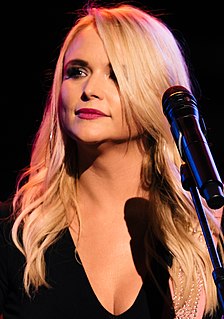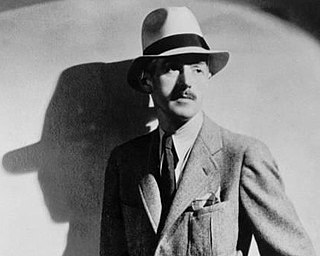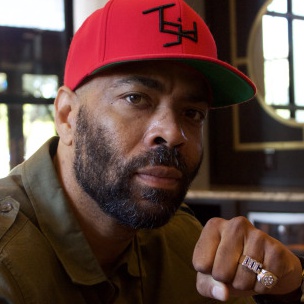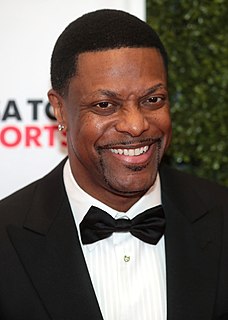A Quote by Tracy Morgan
Stand-up is really personal. It's not like somebody else is writing the script and you have to do what they write.
Related Quotes
Everybody wants to feel that you're writing to a certain demographic because that's good business, but I've never done that ... I tried to write stories that would interest me. I'd say, what would I like to read?... I don't think you can do your best work if you're writing for somebody else, because you never know what that somebody else really thinks or wants.
I just feel like it's easier to co-write sometimes, especially if you have chemistry with somebody. It kind of takes all the pressure off of you. But, you know, I started writing songs by myself. I didn't really have a co-writer, besides my dad. When I see a record and it has a song on it that someone wrote [alone], I just really believe in them as a writer. I feel like it's a window into them, more than it is if you write a song with someone else.
When you write, you want fame, fortune and personal satisfaction. You want to write what you want to write and feel it's good, and you want this to go on for hundreds of years. You're not likely ever to get all these things, and you're not likely to give up writing and commit suicide if you don't, but that is -- and should be -- your goal. Anything else is kind of piddling.
In stand-up you can go either way. It's live. Somebody might say something in the crowd, you might respond to it. But in a movie you could be spontaneous too. But you pretty much have to stick to that story or that scene or that script, but in stand-up you can go wherever you want to. It's more freedom.
I just like to build. Don't get me wrong: I think stand-up is great, and when someone like Richard Pryor or Steve Martin does stand-up, there's nothing better in the world. But I don't want to watch a lot of stand-ups for two hours. So I can do 45 minutes of stand-up and then say, 'Can we do something else now?'
When I started writing short stories, I thought I was writing a novel. I had like 60 or 70 pages. And what I realized was that I don't write inner monologue. I don't want to talk about what somebody is thinking or feeling. I wanted to try to show it in an interesting way. And so what I realized was that I was really writing a screenplay.


































